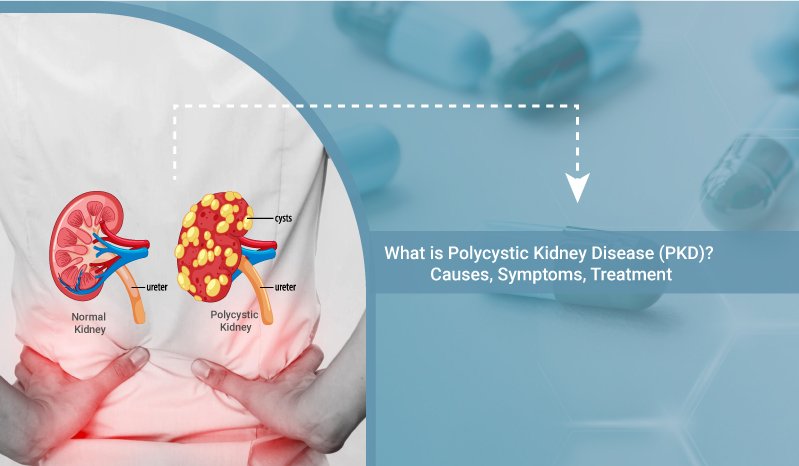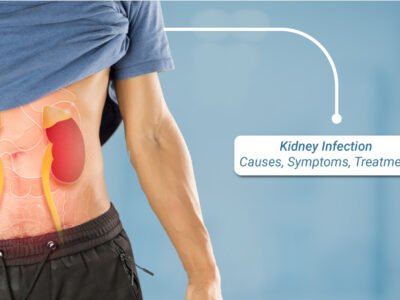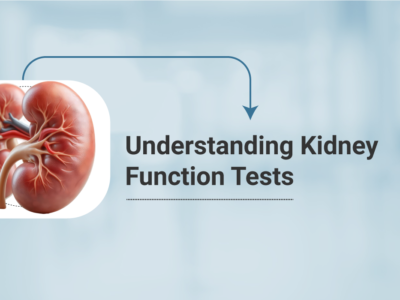Polycystic Kidney Disease, or PKD as it’s often called, is one of those terms that you might’ve heard tossed around but aren’t entirely sure what it entails. So, let’s dive into what this condition is all about, from its causes and symptoms to how it’s treated. And yes, we’re keeping things casual yet insightful, just how you like it!
The What: Polycystic Disease of Kidney
At its core, PKD involves numerous cysts developing in the kidneys. These aren’t your everyday cysts, though. They’re filled with fluid and can grow pretty large, causing significant damage to the kidneys over time. Imagine your kidneys trying to perform their day-to-day functions while also playing host to these uninvited guests. Not an ideal situation, right?
The Why: Causes Of Polycystic Kidney Disease
When it comes to understanding how one might end up grappling with Polycystic Disease Kidney Disease, it’s akin to delving into a genetic mystery – one that many would rather not solve. This condition prominently traces back to one’s genes, making family history a significant indicator. If your family albums feature relatives with PKD, your genetic lottery ticket might just have those numbers up.
Diving deeper, PKD comes in two primary flavours, each with its genetic quirks: Autosomal Dominant Polycystic Kidney Disease (ADPKD) and Autosomal Recessive Polycystic Kidney Disease (ARPKD). Let’s unpack these terms to better understand the genetic dynamics at play.
Autosomal Dominant Polycystic Kidney Disease (ADPKD): The Common Culprit
ADPKD stands as the more prevalent form of PKD, casting a shadow over the majority of PKD cases. The term “dominant” offers a clue into its genetic transmission – only one copy of the altered gene, inherited from just one parent, is enough to set the stage for the disease. Picture it as a genetic toggle switch; if a parent has the condition, each child has a 50% chance of inheriting this switch in the ‘on’ position, leading to the development of the disease.
Autosomal Recessive Polycystic Kidney Disease (ARPKD): The Rarer Encounter
On the other hand, ARPKD is less common, but no less severe. This variant requires a genetic double-whammy – both parents must carry and pass on the faulty gene for the disease to manifest in their offspring. In this scenario, the odds of a child inheriting ARPKD are 25% for each pregnancy, assuming both parents are carriers. This recessive pattern underscores the critical role of both parental genes in this less common, yet impactful, form of PKD.
The Genetic Blueprint: A Closer Look at Causes
Understanding the causes of polycystic kidney disease boils down to grasping these genetic patterns. It’s a condition deeply rooted in our DNA, often passed down through generations. Occasionally, a curveball in the form of a spontaneous genetic mutation can occur, leading to PKD even if there’s no family history of the disease. This unpredictable aspect of genetics highlights the complex nature of PKD causation.
In the realm of PKD, our genes act as both the script and the players, dictating the likelihood and manifestation of the disease. While we can’t change our genetic makeup, awareness and knowledge empower us to manage the condition proactively. For those with a family history of PKD, genetic counselling becomes an invaluable resource, offering insights into the risks and implications for future generations.
The Signs: Symptoms Polycystic Kidney Disease
PKD often operates incognito, with many individuals remaining unaware of their condition until well into adulthood. Generally surfacing between the ages of 30 and 40, the symptoms of PKD can be both varied and subtle, making early detection challenging. Here, we delve into the hallmark signs and symptoms of PKD, offering insights into what to watch for and when to seek medical advice.
High Blood Pressure: The Foremost Indicator
Among the spectrum of symptoms, high blood pressure emerges as the most prevalent sign of PKD. Elevated blood pressure is not just a symptom; it’s also a contributor to kidney damage over time, underscoring the importance of regular monitoring and management.
Pain and Discomfort
Many individuals with PKD experience back or side pain, which can range from mild to severe. This discomfort is typically due to the growth of cysts within the kidneys that press on other organs and tissues. Additionally, a sensation of fullness or heaviness in the abdomen can occur, often a direct result of enlarged kidneys filled with numerous cysts.
Urinary Changes
Blood in the urine, a condition known as hematuria, can also be a telling symptom of Polycystic Kidney Disease. This occurs when cysts in the kidneys bleed into the urinary tract. Frequent urinary tract or kidney infections are another common issue, as the presence of cysts can make it easier for bacteria to take hold and multiply.
Neurological Symptoms
Headaches, which may sometimes be severe, are reported by some people with PKD. These can be related to high blood pressure or, in rarer cases, to the development of aneurysms in the brain—a serious complication that requires immediate medical attention.
Additional Concerns
Kidney stones and kidney failure represent further complications that can arise from PKD. Kidney stones are formed due to changes in the balance of water, salt, and minerals in the urine, while kidney failure results from the gradual loss of kidney function over time. Both conditions significantly affect the quality of life and may necessitate specialized treatment.
The Solution: Treatment of Polycystic Kidney Disease
Now, for the part, everyone’s been waiting for treatment. While there’s no outright cure for PKD, there are ways to manage the symptoms and slow the progression of the disease. High on the list is keeping your blood pressure in check. This might involve medication, a low-salt diet, and a healthy lifestyle that includes regular exercise and, importantly, no smoking.
Recent advances have brought us tolvaptan, a drug that the FDA approved specifically for ADPKD. It’s shown promise in slowing down kidney function decline in adults who are at risk. But, as with any medication, it’s something you’ll need to discuss with your healthcare professional to see if it’s a good fit for you.
Conclusion
In wrapping up our exploration of Polycystic Kidney Disease, it’s clear that understanding the symptoms and seeking timely advice can make a significant difference in managing this condition. If PKD is a concern for you, or you’re seeking expert guidance on kidney health, Dr. Ravi Bhadania’s practice stands out as a beacon of knowledge and support. He is the Best Nephrologist in Ahmedabad. His expertise in nephrology, coupled with a compassionate approach to patient care, ensures that you’re not just treated but truly heard and understood.


